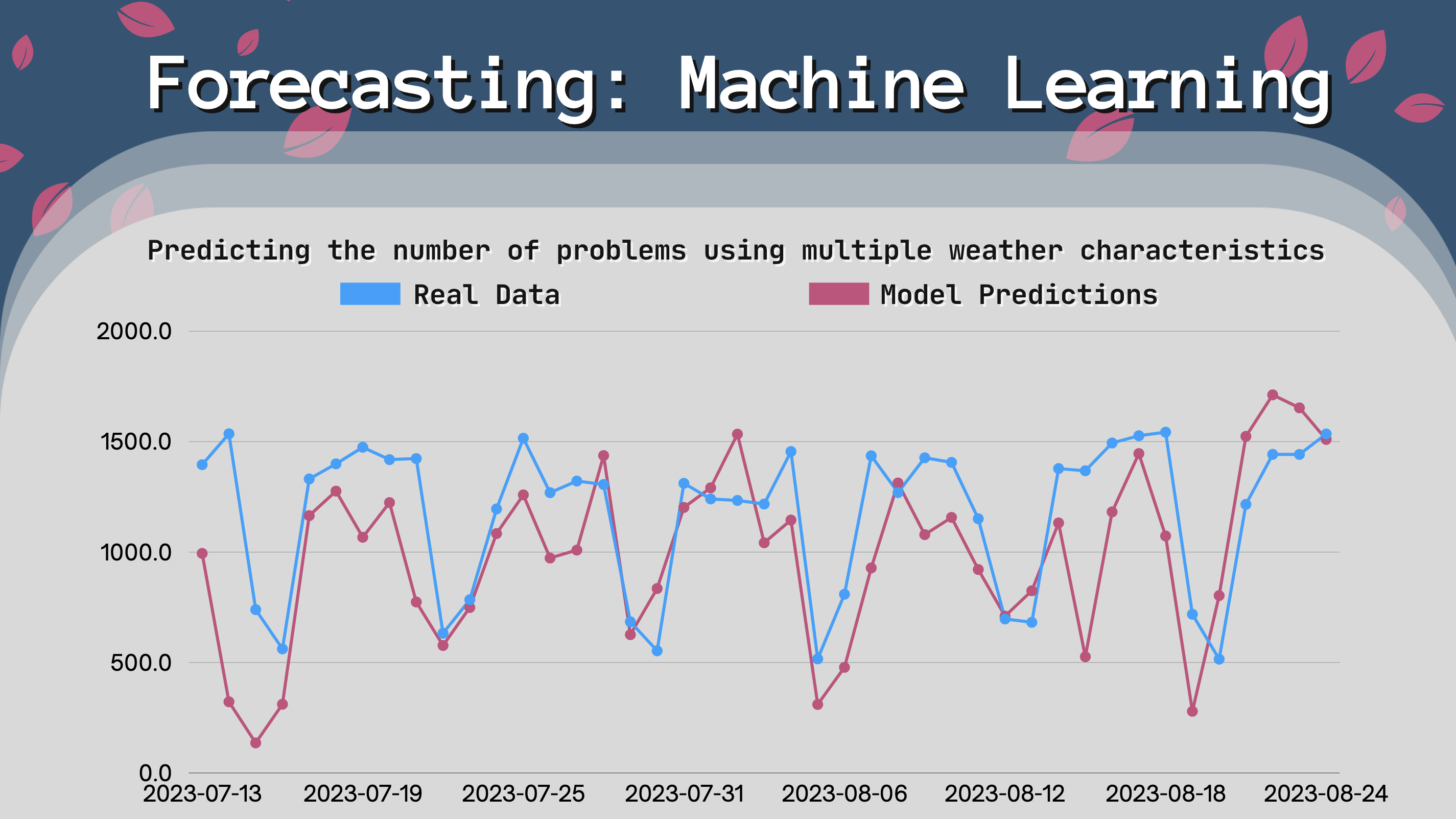Description
In this project, we collaborated with SNCF, the French national railway company, to address a prevalent issue – predicting and managing train climatization. Our team, comprising Sacha Nardoux, Anna Spira, Julie Gabert and Guillaume Rabeau, developed innovative tools that leverage machine learning and data analysis techniques to anticipate and prevent climate control problems in trains. By doing so, we aimed to enhance passenger comfort and ensure a pleasant journey, regardless of external weather conditions.
Key Features
-
Machine Learning Implementation: We utilized machine learning algorithms, specifically linear regression, to create a predictive model for train climatization. This model analyzes historical data and external factors to anticipate potential issues.
-
Data Analysis: Our team performed a comprehensive analysis of various data sources, including weather data and train maintenance records. By identifying correlations and patterns, we could pinpoint factors contributing to climatization problems.
-
Weather Analysis: External weather conditions play a crucial role in train climatization. We integrated weather data into our model to predict how external temperatures and humidity levels impact the train’s internal environment.
-
Correlation Analysis: By examining correlations between train climatization issues and various factors, we identified patterns and potential causes, especially wind direction correlated with a khi 2 test. This analysis guided our predictive model’s feature selection and helped us develop effective maintenance strategies.
-
Predictive Maintenance: Our tools enable SNCF to proactively address climatization issues before they escalate. By predicting potential problems, maintenance can be scheduled efficiently, minimizing disruptions and ensuring passenger comfort.
Technologies Used
- Machine Learning Algorithms (Linear Regression)
- Data Analysis Tools (Pandas)
- Correlation Analysis Techniques (Pandas, Khi2)
- Python (ScikitLearn)
Role and Contributions
- Data Collection and Cleaning: Gathered and preprocessed extensive datasets, including weather data and train maintenance records, to ensure data consistency and reliability.
- Correlation Analysis: Conducted in-depth analysis to identify significant correlations between climatization issues and various factors, guiding our model’s feature engineering.
- Visualization: Created visual representations of our findings and predictions to communicate complex information effectively to SNCF stakeholders.
- Maintenance Strategy: Collaborated with SNCF’s maintenance team to develop a proactive maintenance plan based on our predictions, ensuring efficient resource allocation.
Outcome
Our project successfully delivered a suite of tools that empower SNCF to proactively manage train climatization. By predicting potential issues, SNCF can optimize maintenance routines, enhance passenger comfort, and reduce operational costs associated with reactive repairs. This project showcased our team’s expertise in machine learning, data analysis, and problem-solving, contributing to a more efficient and reliable railway system.
